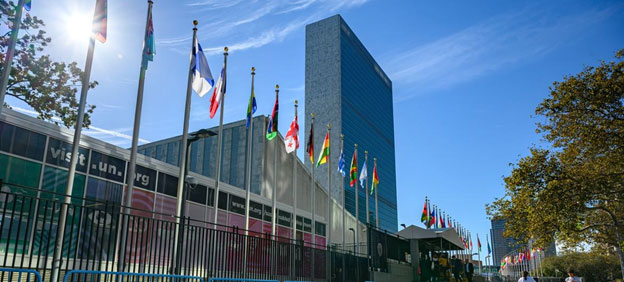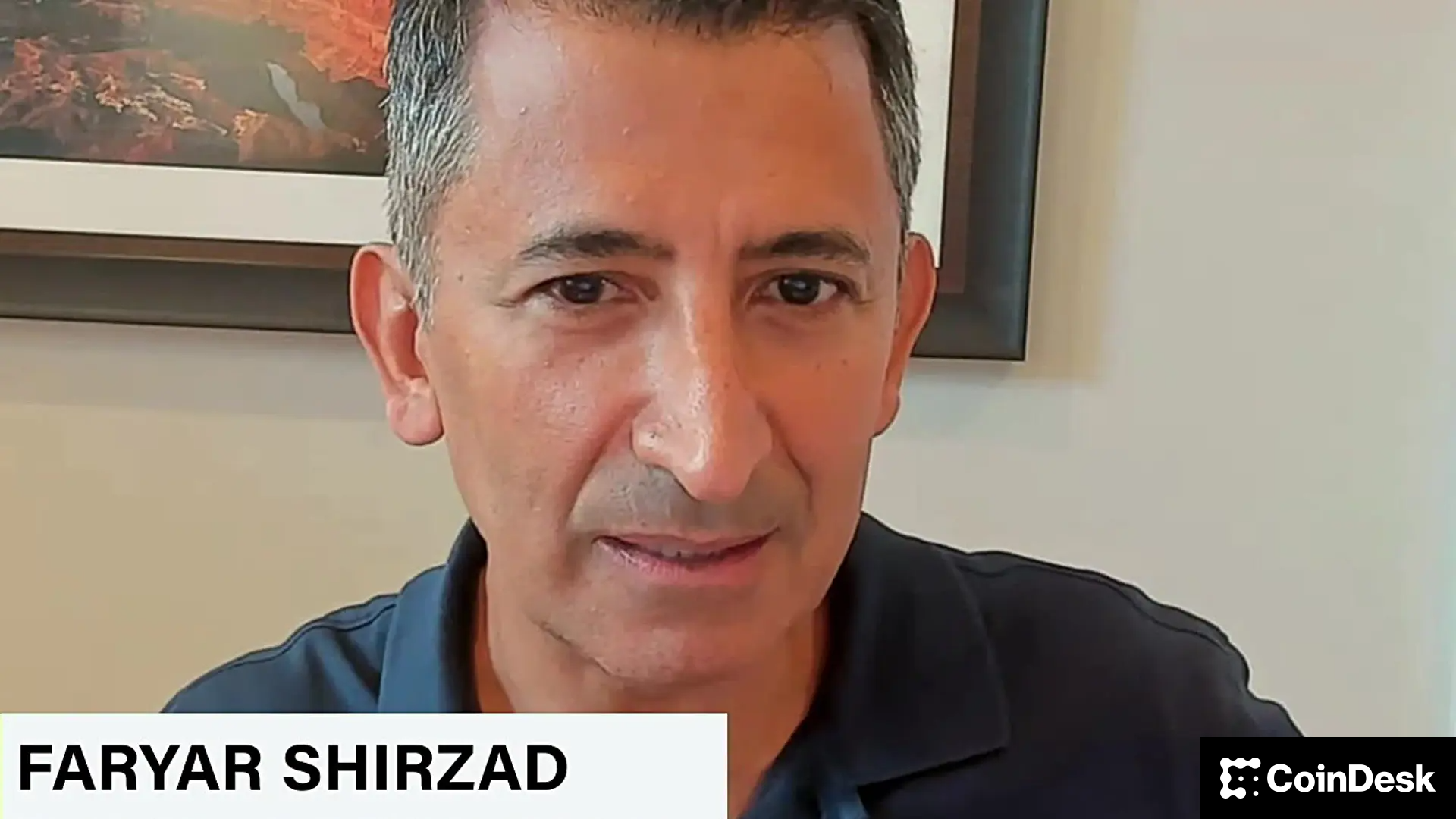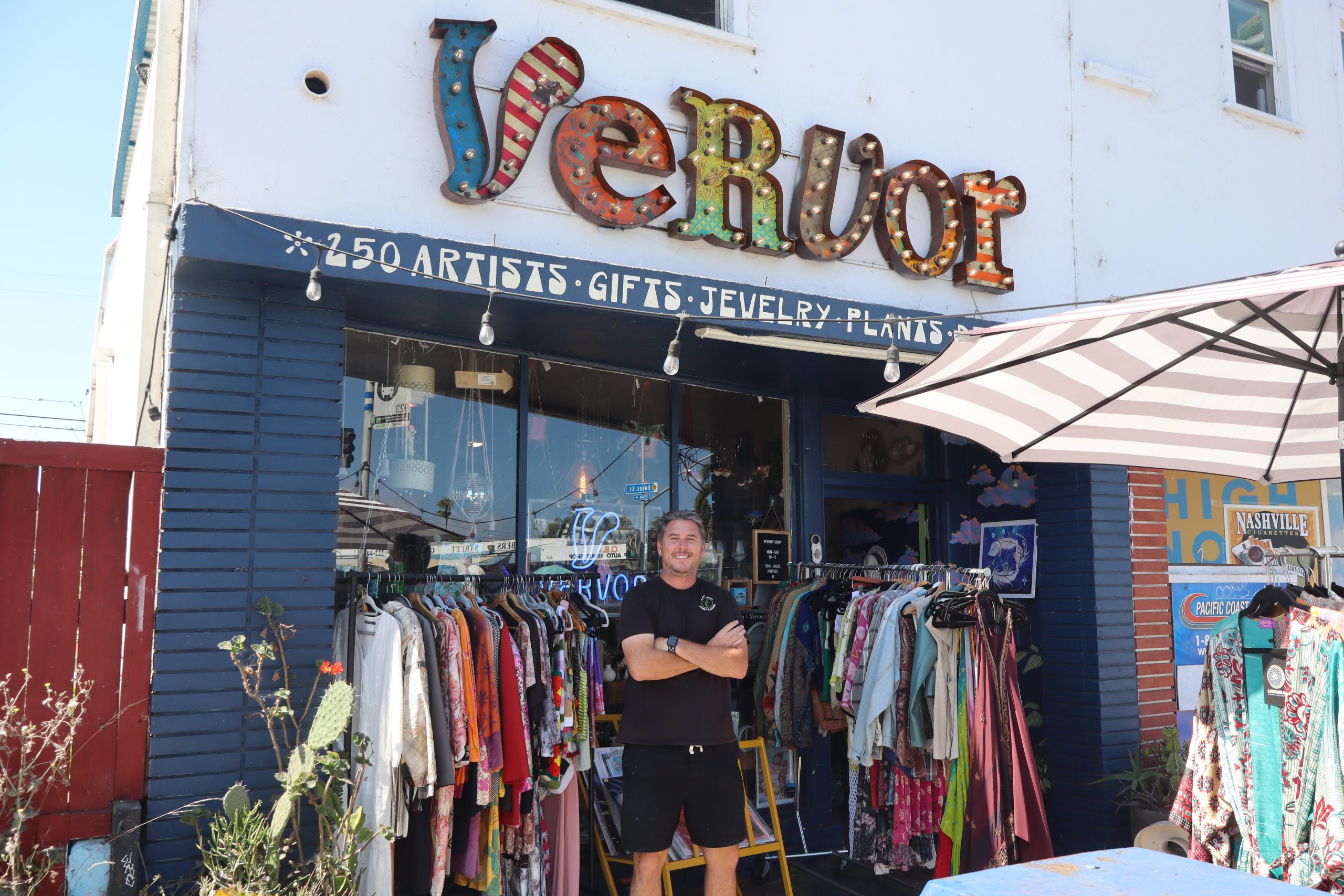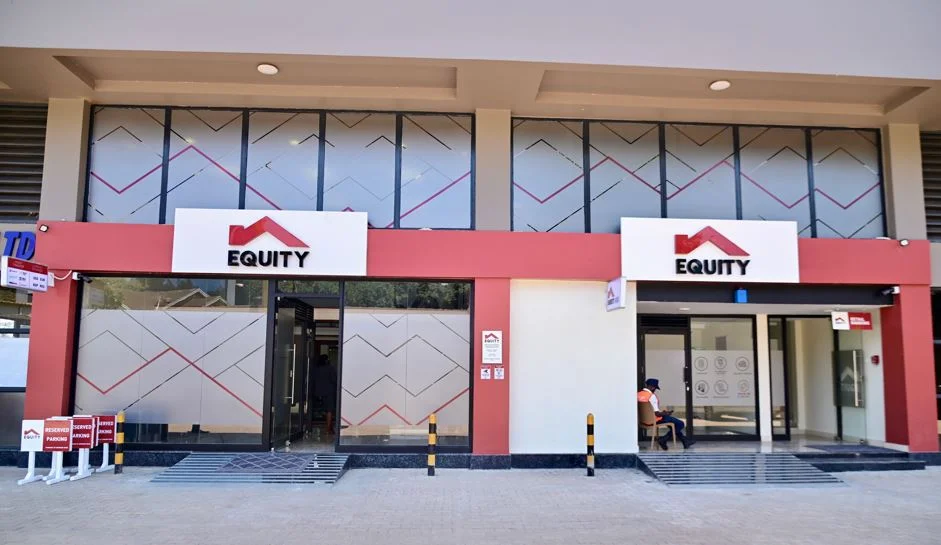By Global Issues,Harvey Dupiton
Copyright globalissues

Opinion by Harvey Dupiton (new york)Wednesday, September 17, 2025Inter Press Service
NEW YORK, September 17 (IPS) – The recent IPS article, “UNGA’s High-Level Meetings: NGOs Banned Again,” served as a stark and painful reminder of a long-standing paradox: the United Nations, an organization founded on the principle of “We the Peoples,” often closes its doors to the very communities it was created to serve.
Yet, after sharing this article with our members, we were reminded of a powerful truth: in spite of these physical barriers, the NGO community is “better together” and remains a potent force capable of shaping the decisions of governments.
The ban, far from silencing us, has only amplified our resolve. As we speak, hundreds of NGOs are organizing side events outside the UN, participating with willing governments and continuing our vital work.
We are often told that access is restricted “for security.” IPS quotes voices across civil society who have heard that refrain for years. But the net effect is to marginalize the very partners the UN relies upon when crises break, when schools need rebuilding, when refugees need housing, when women and youth need pathways into the formal economy.
If the room is too small for the people, you don’t shrink the people—you build a bigger room.
This ban also speaks to the very heart of why our NGO Committee is so deeply involved in the 2025 UNGA Week (September 22-30) of International Affairs initiative. We are committed to expanding UNGA beyond the walls of the UN and into the vibrant communities of the Tri-State area and beyond.
Our goal is to transform this week into an “Olympic-caliber” platform where diplomacy connects directly with culture, community, and commerce.
As a private-sector committee of NGOs, we recognize we are sometimes perceived as being “on the side of governments” because we emphasize jobs, investment, and a strong economy. That has spared us some of the blowback that human rights and relief NGOs bear every September.
But proximity to government doesn’t mean complacency. Where we part ways with business-as-usual—both in some capitals and within parts of the UN system—is on the scale of joblessness that goes uncounted.
Official series routinely understate the lived reality in many communities. In Haiti and across segments of the LDC bloc, our coalition’s fieldwork and partner surveys suggest joblessness well above headline rates—often exceeding 60% when you strip away precarious, informal survivalism. If you don’t count people’s reality, you can’t credibly fix it.
That is why our 2025 agenda is jobs-first by design. Our Global Jobs & Skills Compact is not just a proposal; it is a declaration of our commitment to a jobs-first agenda, aligning governments, investors, DFIs, and diaspora capital around a simple test: does the money create decent work at scale—and are we measuring it?
We are mobilizing financing tied to verifiable employment outcomes, building skills pipelines for the green and digital transitions, and hard-wiring accountability into the process so that “promises” translate into paychecks.
Accountability also needs daylight. During the General Debate we will run a Jobs-First Debate Watch—tracking job and skills commitments announced from the podium and inviting follow-through across the year.
The point is not to “catch out” governments but to help them succeed by making the public a partner. Anyone who has walked with a loved one through recovery knows the first step is honesty. Denial doesn’t heal; measurement does. That is as true for addiction as it is for unemployment.
IPS rightly reminds us that NGOs are indispensable to multilateralism even when we are asked to wait outside. We agree—and we’ll add this: if the UN is “We the Peoples,” then UNGA Week must be where the peoples are.
In 2025, that means inside the Hall and across the city—on campus quads and church aisles, in galleries and small businesses, at parks and public squares. We’ll keep inviting governments to walk that route with us, shoulder to shoulder.
Until every door is open, we will keep building bigger rooms. And we will keep filling them—with jobs, skills, investment, and the voices that make multilateralism real.
Harvey Dupiton is a former UN Press Correspondent and currently Chair of the NGO Committee on Private Sector Development (NGOCPSD).
IPS UN Bureau
© Inter Press Service (20250917050535) — All Rights Reserved. Original source: Inter Press Service



